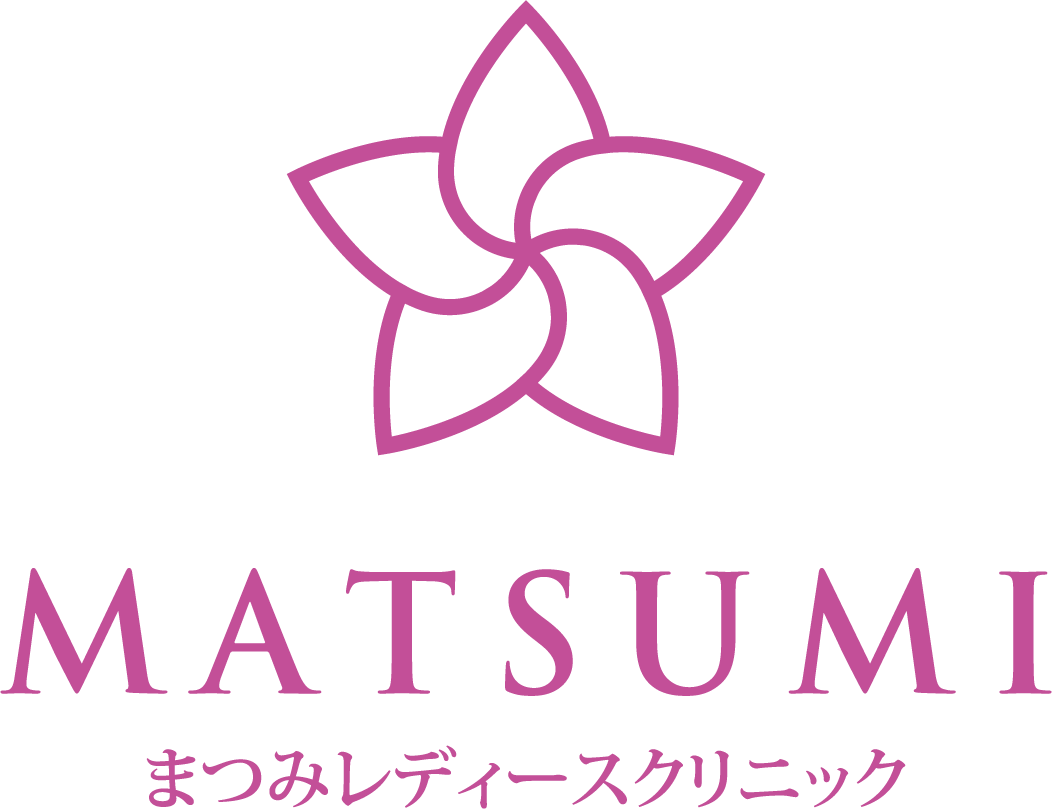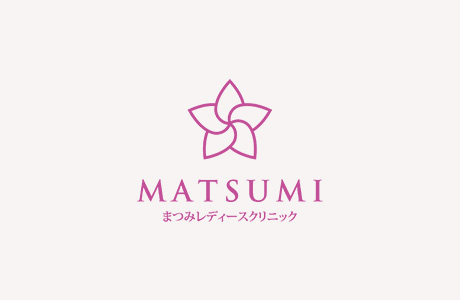The topic of Matsumi Ladies Clinic Mita English blog in March is about blood.
In the first part, I create an article about three components of blood.
What is blood?
When you get a paper cut, it comes out.
That is blood, but do you know what it does for your body?
Our blood contains different types of blood cells and plasma.
Some scientists liken it to chicken soup, as our plasma is a yellowish liquid that carries the blood cells around our body to tell the blood’s composition.
The blood has various nutrients, proteins, hormones and waste.
It has three components: ①Red blood cells, ②White blood cells, ③Platelets.
They are floating in the plasma.
What does each component do for us?
Red blood cells carry oxygen from our lungs to the rest of the body and transport carbon dioxide from the body to the lungs.
That is why we can exhale to survive.
The cells have hemoglobin, which is red, so that our blood is red.
Our bone marrow continuously produces new blood cells as the red cells live just only for three months.
White blood cells are fighters against diseases.
They attack infectious virus with antibodies.
We do not have a similar quantity of white blood cells to the red, but the body produces the white blood cells when we detect infection.
Platelets stop bleeding from any injury.
When you get a paper cut, the platelets gather to your injured part to seal the blood off.
Plasma carries these blood cells and the platelets around our body.
It also helps remove infections and stop bleeding with blood clotting.
Have you ever donated your blood?
The donation helps many people with lower numbers of blood cells.
Some need only red blood cells.
In this way, individuals need varies.
After donation, the collected blood is separated into different components in scientific laboratories.
In Japan, in return for a donation of your blood, a small pack of orange juice is often presented.
How about your country?





